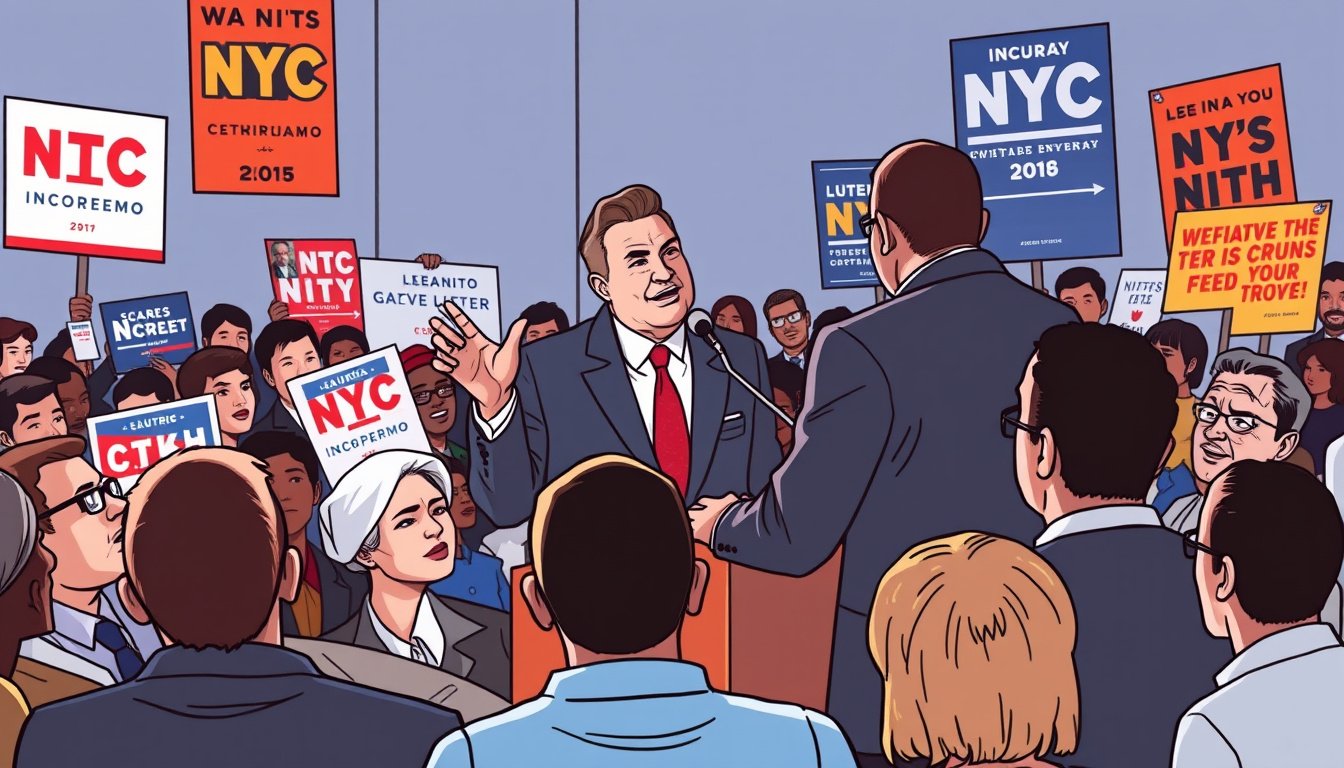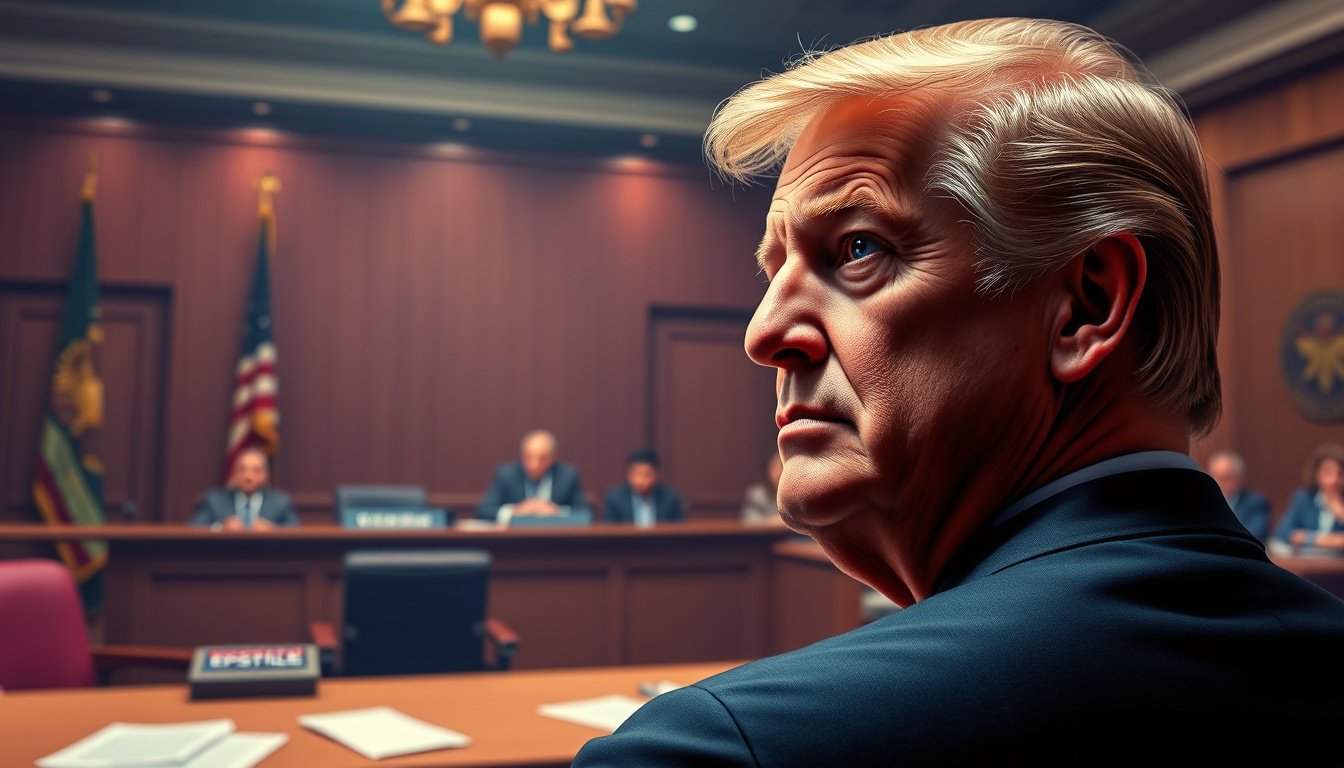In a significant and troubling development for Venezuelans residing in the United States, the Supreme Court has ruled to allow the Trump administration to rescind Temporary Protected Status (TPS) for approximately 350,000 Venezuelan nationals. This decision could have dire implications for many, exposing them to the risk of deportation and leaving families in disarray.
Understanding Temporary Protected Status (TPS)
TPS is a humanitarian program established by Congress in 1990, intended to protect individuals from deportation during times of crisis in their home countries. It is designated for nations facing ongoing armed conflict, environmental disasters, or other extraordinary conditions. Those granted TPS can legally stay and work in the U.S., provided they maintain their eligibility as conditions in their home countries evolve.
Venezuela, experiencing a severe economic crisis alongside political turmoil, has long been a recipient of this protection. The status has provided not only security but also the ability for Venezuelans to contribute economically to their communities in the U.S.
The Supreme Court’s Decision
The recent Supreme Court ruling, with only one dissenting opinion from Justice Ketanji Brown Jackson, has temporarily reversed a previous federal judge’s order that had extended TPS for Venezuelans. The judge cited potential disruption and economic repercussions if the protection were to lapse. However, the Court’s unanimous decision sided with the administration’s argument that the case was an interference with executive power regarding immigration policy.
The implications of this ruling are far-reaching. Without TPS, many Venezuelans could face immediate deportation back to a country marked by violence and economic instability. Immigration officials have suggested that while TPS termination does not equate to an automatic deportation order, the loss of this status effectively opens the door for enforcement actions against those affected.
Broader Context of Immigration Policy Under Trump
This ruling is part of a larger legal landscape where the Trump administration has actively sought to dismantle various immigration protections. The government’s recent appeal to end humanitarian parole for migrants from Cuba, Haiti, Nicaragua, and Venezuela reflects a significant shift in policy direction and concerns regarding U.S. foreign relations.
Moreover, the administration aims to expedite the deportation of Venezuelans alleged to be gang members—a move that raises questions about due process and the legal treatment of immigrants in the U.S.
Potential Outcomes and Next Steps
Venezuelans who may lose TPS will have limited avenues for remaining legally in the U.S., and many will need to seek alternative legal assistance to explore other immigration options. Organizations advocating for immigrant rights are likely to mobilize in response, providing support and resources for individuals facing deportation.
The ruling has sparked widespread concern among immigrant advocacy groups. They argue that pulling TPS undermines not only the humanitarian principles upon which the program was built but also threatens the stability and safety of thousands of families now uncertain about their future.
In summary, the Supreme Court’s decision represents a significant challenge for Venezuelans in the U.S. grappling with the fear of deportation amid ongoing crises in their homeland. As this situation unfolds, many will watch closely to see how the legal landscape develops and what steps can be taken to safeguard those affected by this pivotal ruling. The fate of TPS holders and their families hangs in the balance, emphasizing the need for thoughtful dialogue and legislative action regarding immigration policy in the United States.










